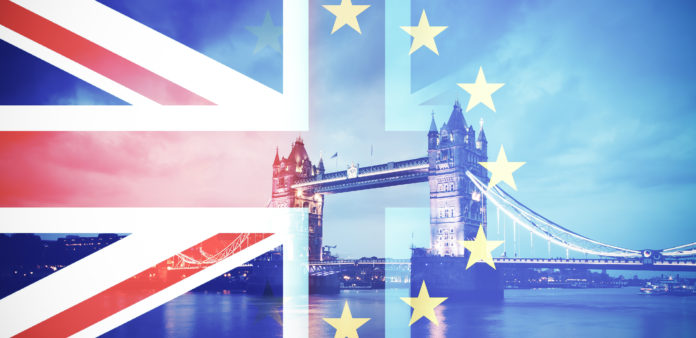A few weeks ago the people of Britain voted to get out of the European Union, an unprecedented move that has seen nations like France want to follow a similar course. The decision to leave the EU was a big one, and the effects of that decision have now begun being felt by the European nation.
EU leaders from 27 states met yesterday in Brussels to begin drafting negotiations that will allow the UK to leave the regional bloc by early next year. Led by EU Commission chairman Jean-Claude Juncker and the President of the EU Council Donald Tusk, the leaders made unanimous decisions that will see Britain ‘pay’ for its exit.
What was the meeting about?
European leaders met in Brussels to discuss the agendas that would allow Britain to sever its ties to the bloc. The meeting, which took a historic four minutes, demonstrated the united stance that other European nations in the bloc regarding Brexit.
Speaking to the press on Saturday Tusk said that the countries left behind in the EU all agreed to the proposed guidelines put forward. The guidelines stipulated that Britain had to meet three conditions before it could be allowed to discuss ‘other’ matters pertaining to its exit.
The first condition that the EU put forward said Tusk, was that the nation would guarantee that EU members in the country would be allowed to stay in Britain even post-Brexit. “We would like a guarantee that Britain will honor the rights of all EU citizens in the UK to work, study and live in the UK,” Tusk said. He also added that the same courtesy would be extended to any Brits carrying out the same activities in other European nations. That would ensure that Britain could carry out any undue deportation of European nationals after the finalization of Brexit.
Condition number two for Britain to be ‘divorced’ from the EU would entail Britain paying a ‘severance’ package to the regional bloc. The sum is significant, estimated at £51 billion (€60 billion, USD 65 billion). UK Secretary to Brexit David Davis noted that the financial obligation the EU had assigned the UK might be a source of contention in the future. “We are all working toward a deal with goodwill,” he added.
French President Francois Hollande told members of the press that the aim of the EU was not to ‘attack’ Britain by being punitive.”It is clear that Europe knows how to defend its interests,” the world leader remarked.
The third issue that needed to be resolved according to the EU was the question of the Ireland and North Ireland borders. Once the three questions were tackled, the EU said that it would begin trade talks with Britain. The UK has contested this timeline, urging members of the bloc to consider parallel talks. The petition was rejected.
Meanwhile, British Prime Minister Theresa May is focusing on the upcoming Britain elections. She states that a win in the national elections would garner her negotiating power with the EU when it came to Brexit.




